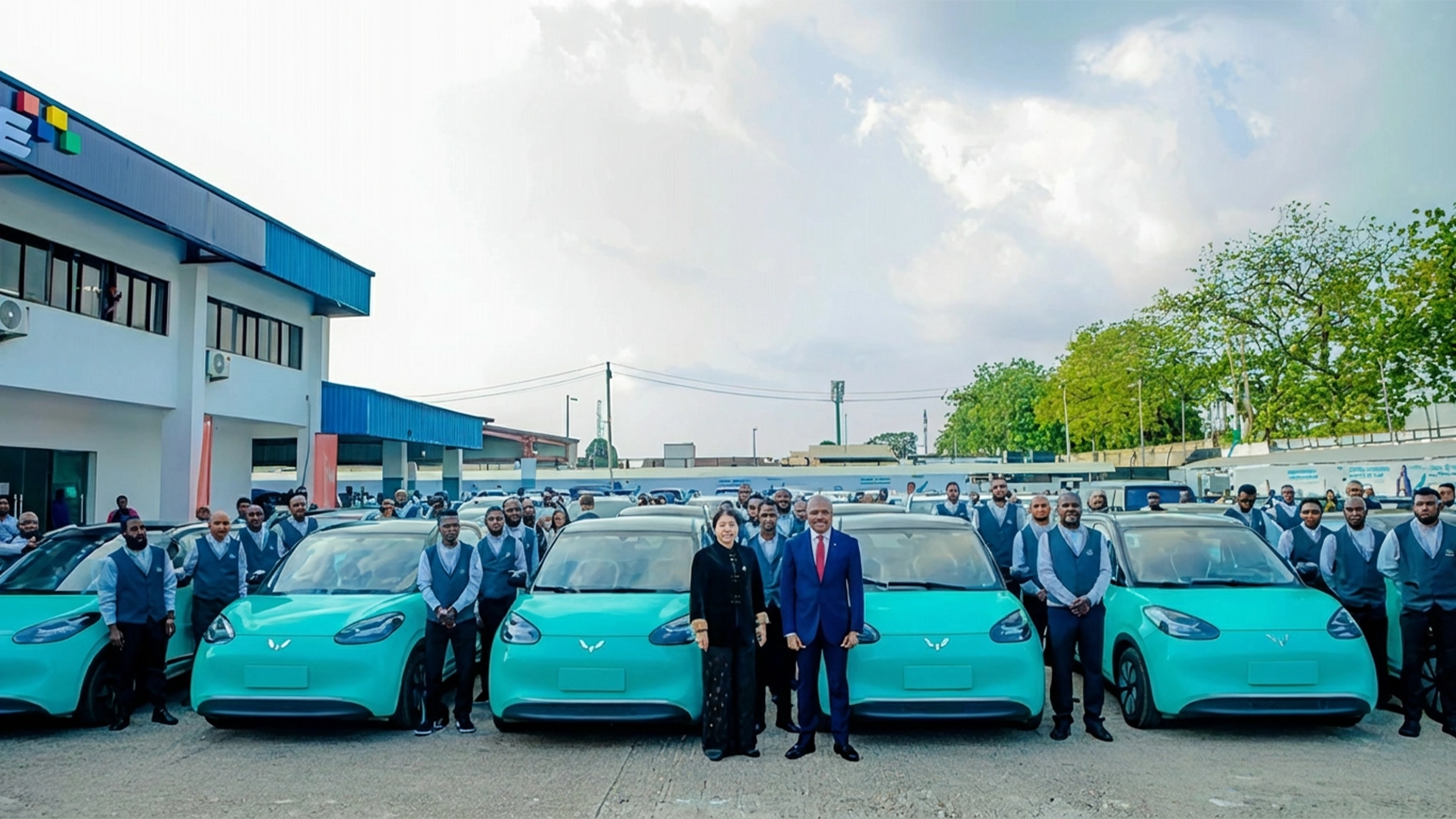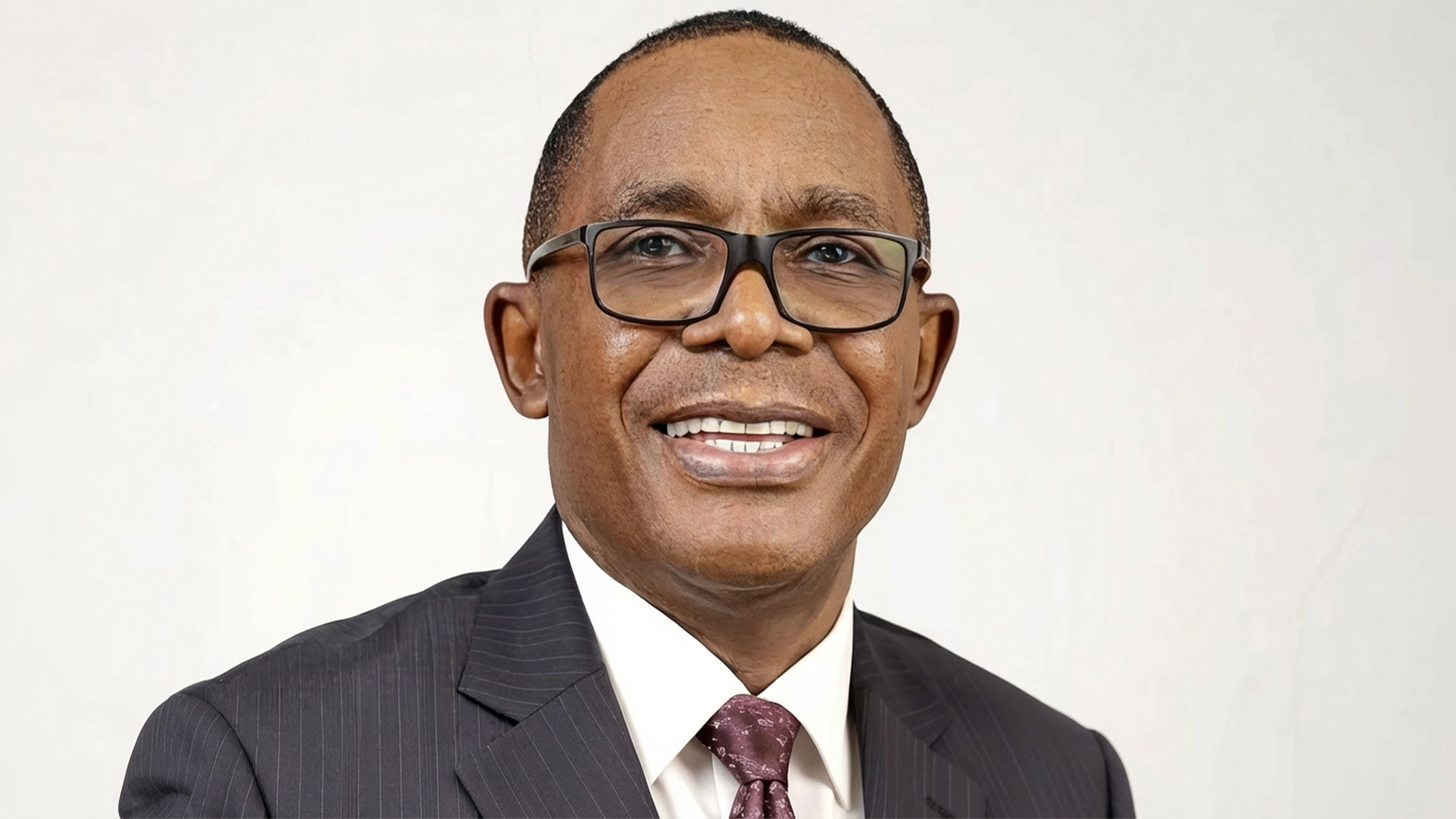
Oil is a curse for Nigeria. It is as powerful as it is counterintuitive and has made Nigeria, a poor mental giant of Africa.
This is evident in the lack of positive socio economic impact from the humongous proceeds from the country’s oil and gas production.
Despite the enormous earnings from oil, there is little to show in terms of development.
Hunger and anger rule the land. There is a general feeling of economic exclusion by Nigerians, fuelled by the perception that a country’s resources are being siphoned away by its inept and corrupt leaders.
In simple terms, Nigeria’s oil wealth typifies the paradox of plenty-so called resource curse, an irony that countries and regions with an abundance of natural resources, specifically point-source non-renewable resources like minerals and fuels, tend to have less economic growth and worse development outcomes than countries with fewer natural resources.
Nigeria is a laboratory for all other nations to learn what the “oil curse” can do to destroy nations.
Oil curse has hindered the country’s development bending the economy towards trouble and rift.
Since the British discovered oil in the Niger Delta in the late 1950s; everything in Nigeria has been obliterated from ingenuity to hard work and to jobs.
The relentless export of crude oil has also driven exchange rate to the roof because whatever Nigeria now manufactures is less competitive abroad.
It is very convenient to say that countries without oil and far less human potentials are faring better than Nigeria.
Oil wealth has brought Nigeria less democracy, less economic stability, and great insecurity.
Nigeria can reverse the oil curse by moving away from oil dependence and start building credible institutions that safeguard her economic interests and outline how business can be conducted above board.
She must focus on making information and communication technologies (ICTs) the integral drivers of the socio-economic development.
The country’s economic managers must use proceeds from oil to fire the kiln of development by building of an army of ICT entrepreneurs.






